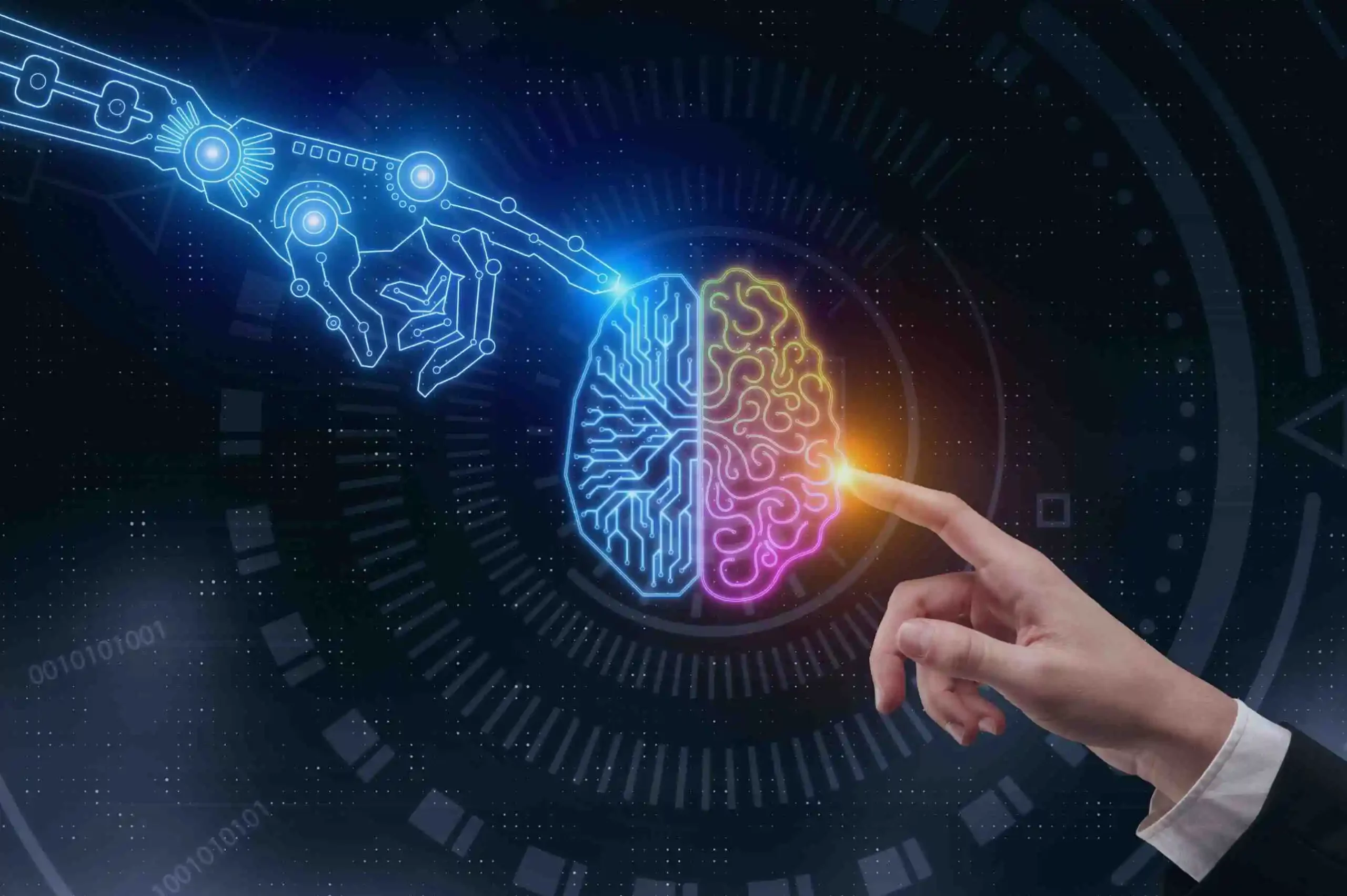AI for Beginners: How Young Adults Can Leverage Artificial Intelligence
Artificial Intelligence (AI) is no longer just a futuristic concept; it’s a practical tool that’s transforming every sector of the economy, from healthcare to finance, and even the arts. For young adults, understanding and leveraging AI can provide a significant advantage in both personal and professional development. Whether you’re just starting out or looking to deepen your understanding of this technology, here’s a comprehensive guide on how young adults can begin to harness the power of artificial intelligence.
Understanding the Basics of AI
Before diving into the practical applications, it’s important to grasp some fundamental concepts:
- What is AI? At its core, AI involves machines performing tasks that typically require human intelligence. These can include problem-solving, recognizing patterns, learning from data, and making decisions.
- Machine Learning and Deep Learning: These are subsets of AI. Machine Learning uses algorithms to parse data, learn from it, and make decisions based on what it has learned. Deep Learning, a subset of Machine Learning, uses neural networks with many layers (hence “deep”) to analyze various factors of data.
Educational Pathways in AI
- Online Courses and Tutorials: Platforms like Coursera, Udemy, and Khan Academy offer beginner to advanced courses in AI and machine learning. These are great resources to get structured lessons and hands-on programming experience.
- University Degrees and Bootcamps: For those considering a deeper dive, universities worldwide are offering degrees in data science and artificial intelligence. Bootcamps are also a faster, more intensive option to gain practical skills in a shorter time frame.
Practical Applications of AI in Daily Life
- Personal Assistants: Tools like Siri, Google Assistant, and Alexa employ AI to learn from your habits and customize responses. Using these can help you understand how AI works in a real-world, interactive setting.
- Smart Home Devices: Products like Nest Thermostat or Ring Doorbell use AI to learn from your behaviors and automate home settings based on your preferences.
AI in Education
- Customized Learning Experiences: AI can analyze your learning patterns and customize materials to fit your pace and understanding, potentially through apps or virtual tutors.
- Automated Administrative Tasks: AI can help automate tasks like scheduling or grading, giving students and educators more time to focus on learning and teaching.
Starting a Project or Career in AI
- AI Internships: Look for internships in companies that are innovating in AI. This provides practical experience and networking opportunities.
- Personal Projects: Apply AI to a personal interest or need. For example, develop a recommendation system for books or music, or create a simple chatbot that helps organize your schedule.
- Competitions: Platforms like Kaggle host AI competitions where you can test and improve your skills against others.
Ethical Considerations
As you explore AI, it’s vital to consider the ethical implications:
- Bias in AI: AI systems can perpetuate or even exacerbate biases if they’re trained on biased data. Being aware of this helps in developing more fair and equitable AI systems.
- Privacy: AI often requires large amounts of data, which can include personal information. Understanding and advocating for strong data protection measures is crucial.
Keeping Up-to-Date with AI Advancements
AI is a rapidly evolving field. Staying updated can be as easy as:
- Following Leading AI Research and News Sites: Websites like MIT Technology Review or the Artificial Intelligence section on ArXiv.org are great resources.
- Podcasts and Blogs: Listen to podcasts like “AI in Business” or follow AI-focused blogs from sources like Google’s AI Blog or OpenAI.
For young adults stepping into the world of AI, the opportunities are as vast as they are exciting. By starting with foundational knowledge, actively engaging with AI in everyday technology, and continuously learning and updating your skills, you can leverage AI to not only enhance your personal and professional life but also prepare for a future where AI is ubiquitous. The journey into AI is one of curiosity, ethics, and continuous education, and it begins with the willingness to dive in and explore.







